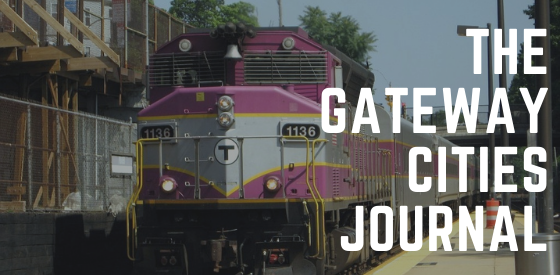The MBTA presented a package of proposed fare reductions to its new governing board late last month. Billed as an effort to increase equity, it’s hard to see how the changes will do anything but prolong and perhaps even amplify current inequities.
A Lawrence resident looking to work in Boston would need to fork over $340 a month for a commuter rail pass. This price is so out of reach for low-wage workers that it might as well be on the moon. Better jobs might be there for the taking just 30 miles down the line, but few pay enough to justify the current commuter rail fare. Lawrencians who do venture to Boston for work take the MVRTA’s 99 bus, which is less than half the price of the train.
If the MBTA were willing to let these low-wage workers on commuter rail coaches with plenty of empty seats, they could cut an hour off their daily commute, the MVRTA could replace Boston-bound buses with much-needed local service, and the MBTA could capture revenue from discounted fares that it’s been passing up for way too long. Under the previous board, the MBTA was moving incrementally toward this win-win-win scenario, but now the agency appears to be backsliding.
The MBTA’s new proposal does not move any closer toward means-tested fares. Instead, it offers deeper discounts to those who already receive them, primarily seniors and disabled riders. Nearly two-thirds of the proposed discount isn’t about equity at all, instead it’s focused on recapturing hybrid commuters, who now work from home several days a week.
Absorbing this complex proposal is particularly agonizing because it is cloaked in lots of bureaucratic speak about equity. It’s no wonder that faith in the agency is so low. While the previous board talked openly and clearly about the need to recognize that commuter rail service is unaffordable to so many, the MBTA is once again hiding behind the federal government’s fare equity analysis, which only looks at how proposed changes impact existing riders and not those left behind by the current fare structure.
This kind of hypocrisy undermines faith in government and those who work for it. The truth is simple: Massachusetts has devoted billions of dollars to public transit infrastructure that runs through low-income communities but does not serve them. Furthermore, as we describe in new research on school integration, this commuter rail system passes through suburban communities but bars entry to low-income riders. This is just as discriminatory as exclusionary zoning practices that make all housing in many towns prohibitively expensive.
Gateway City leaders who know something about what real equity looks like can join a small chorus of transit advocates calling on the MBTA to do better. There are opportunities for public comment on February 10th and February 17th as well the next board meeting on February 24th.
